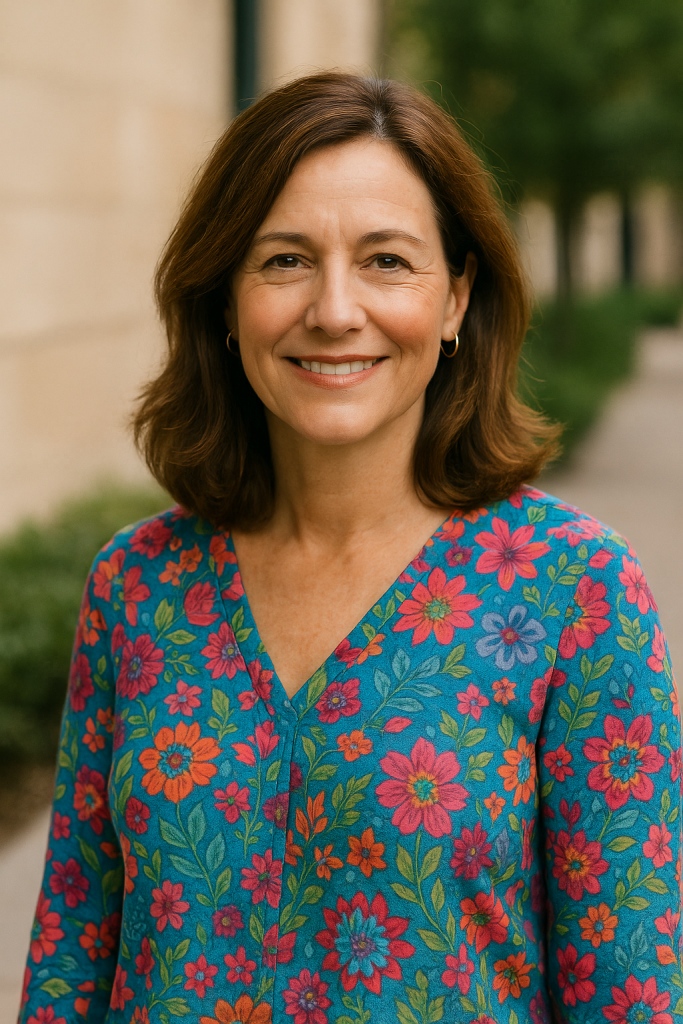Integrative Oncology: Blending the Best of Conventional and Holistic Cancer Care
If you’ve been searching for an alternative oncologist near me, wondering what an integrative oncologist actually does, or curious how a holistic oncologist supports patients beyond chemo and radiation, you’re in the right place. Integrative oncology is a patient-centered, evidence-informed approach that combines standard cancer treatments with complementary therapies to improve quality of life, reduce side effects, and support whole-person healing.
It doesn’t replace medical oncology—it enhances it.
Integrative oncology combines medical science with holistic therapies for whole-person healing.
What Is Integrative Oncology?
Integrative oncology blends conventional cancer medicine—surgery, chemotherapy, radiation, targeted therapies, immunotherapy—with evidence-based supportive therapies such as nutrition counseling, exercise prescription, stress-reduction techniques, mind-body medicine, acupuncture, massage, sleep optimization, and carefully chosen botanicals or supplements.
The goal is to support the whole person—body, mind, and spirit—not just treat the disease.
A holistic oncologist looks at the entire picture: your diagnosis and staging, but also your metabolism, microbiome, stress levels, sleep quality, movement habits, social support, and personal goals.
Most importantly, integrative oncology uses a root-cause approach—investigating the underlying biological and environmental drivers of cancer development and progression, such as inflammation, insulin resistance, hormone imbalances, toxin exposure, mitochondrial dysfunction, immune dysregulation, and chronic stress.
By deeply understanding your unique metabolic profile, an integrative oncologist can define an individualized plan of health that supports your body’s natural ability to heal while aligning with the best of conventional care.
How Integrative Care Complements Conventional Treatment
1. Managing Side Effects
Nausea, neuropathy, fatigue, “chemo brain,” hot flashes, and anxiety can often be improved with integrative approaches. Acupuncture helps reduce chemotherapy-induced nausea, while gentle exercise combats fatigue and mindfulness lowers anxiety and improves sleep.
2. Optimizing Strength and Recovery
Tailored nutrition and exercise preserve lean muscle, enhance immune function, and help you recover faster. An anti-inflammatory, plant-forward diet can stabilize blood sugar, balance hormones, and support mitochondrial energy production.
3. Supporting Mental and Emotional Well-Being
Oncology is not only about the body—it’s about the mind. Counseling, meditation, and stress-reduction practices strengthen emotional resilience and improve overall quality of life.
4. Coordinating Supplements Safely
A naturopathic or integrative oncologist ensures that any natural products or supplements you use are compatible with your medical treatment, avoiding harmful interactions and focusing on scientifically supported options.
Root-Cause and Metabolic Medicine in Cancer Care
Traditional oncology focuses on attacking the tumor. Integrative oncology asks why the tumor developed—and what biological environment allowed it to grow.
This root-cause perspective focuses on identifying and correcting the underlying imbalances that fuel cancer’s growth. These can include:
- Insulin resistance and glucose metabolism: Elevated blood sugar and insulin can promote cancer cell proliferation. Managing glucose through diet, fasting strategies, and movement is key.
- Chronic inflammation: Addressing inflammation from diet, toxins, or infections helps calm cancer-promoting pathways.
- Hormone balance: Especially vital in breast, ovarian, prostate, and thyroid cancers.
- Mitochondrial health: Optimizing cellular energy production helps support normal cell function and recovery.
- Detoxification pathways: Supporting the liver, gut, and kidneys enhances safe elimination of toxins and metabolites.
- Immune function: Strengthening immune surveillance helps the body recognize and respond to abnormal cells.
When a holistic oncologist near me takes the time to evaluate these areas, you get a personalized, root-cause-driven plan that addresses your unique biology and lifestyle.
Who May be on your Integrative Oncology Team?
- Medical, surgical, and radiation oncologists – Direct cancer treatment.
- Integrative or holistic oncologist – Coordinates complementary therapies safely alongside your care.
- Naturopathic oncologist – Focuses on natural, evidence-based support, especially valuable for patients seeking a naturopathic oncologist Texas or beyond.
- Registered dietitian (oncology trained) – Develops personalized nutrition strategies based on cancer, terrain, environment and metabolism.
- Physical therapist or exercise specialist – Designs safe movement programs.
- Counselor or psychologist – Supports mental health and coping skills.
What to Expect at Your First Visit
An integrative oncology consultation is more in-depth than a standard medical visit. You’ll discuss your medical history, medications, supplements, diet, energy, mood, sleep, and lifestyle habits.
Your clinician may order lab tests to understand your metabolic patterns, such as blood sugar, insulin, inflammation, vitamin D, or hormone levels.
From there, they’ll create a comprehensive, individualized plan that may include:
- Individualized Plan of Health
- Evidence-based nutrition therapy
- Gentle, structured exercise
- Stress-reduction techniques
- Safe supplementation (if appropriate)
Key Pillars of Integrative Oncology
Nutrition That Nourishes
Every person’s nutritional needs are unique. A registered dietitian helps maintain weight, preserve muscle, and promote gut and immune health using evidence-based strategies.
Movement as Medicine
Regular activity—tailored to your energy and condition—reduces fatigue, improves sleep, and helps treatment tolerance.
Mind-Body Connection
Meditation, breathwork, and mindfulness reduce cortisol and improve emotional stability.
Metabolic Monitoring
Tracking key markers like glucose and inflammation ensures your plan evolves as your health improves.
Botanicals and Supplements
When used safely, certain botanicals may ease symptoms or support metabolism—but always under oncology-informed supervision.
Safety First: The Integrative Oncology Standard
A responsible holistic oncologist or naturopathic oncologist ensures:
- Every medication and supplement is reviewed for safety.
- Recommendations align with your oncology team’s treatment plan.
- Supplements are timed appropriately to avoid interference.
- All therapies are evidence-based, not experimental or anecdotal.
Finding an Integrative or Holistic Oncologist Near You
If you’re typing “alternative oncologist near me” or “integrative oncologist near me” into Google, you’re likely looking for a doctor who listens, collaborates, and treats the whole person.
When choosing your provider, look for someone who:
-
Works closely with your oncology team
-
Practices evidence-based, root-cause medicine
-
Offers personalized treatment plans
-
Understands metabolism and lifestyle medicine
-
Communicates transparently and compassionately
For patients in the South, a naturopathic oncologist Texas residents trust may offer in-person and telehealth visits, combining conventional oncology collaboration with natural, science-backed care.
A Glimpse Into an Integrative Plan
A patient undergoing chemotherapy might receive a plan like this:
- Nutrition: Anti-inflammatory, low-glycemic meals; hydration and ketogenic in nature. Everyone is unique and details matter.
- Movement: Short daily walks and light resistance exercises to preserve strength.
- Mind-Body: Guided imagery during infusions; deep breathing before bed.
- Metabolic Support: Monitoring blood sugar and vitamin D, B, C and other levels; adjusting nutrition accordingly.
This plan adapts as treatment progresses, keeping care dynamic and individualized.
Common Misconceptions
Myth: Integrative oncology replaces conventional treatment.
Truth: It complements it—supporting healing on every level.
Myth: Natural means safe.
Truth: Some supplements can interfere with chemo or radiation. Always consult an expert.
Myth: Root-cause and metabolic care aren’t scientific.
Truth: Lifestyle medicine, nutrition, stress reduction, and metabolic therapies are supported by growing research and clinical results.
The Takeaway
Integrative oncology is where modern science meets compassionate, holistic healing. By exploring the root causes of disease and understanding your unique metabolism, an integrative oncologist designs a care plan that supports not just remission—but full, vibrant health.
Whether you’re searching for an alternative oncologist near me, a holistic oncologist near me, or a naturopathic oncologist Texas patients recommend, integrative oncology offers a path that honors your individuality, your biology, and your healing journey.
This article is for educational purposes only and should not replace personalized medical care. Always consult your oncology team before making any changes to your treatment plan.


